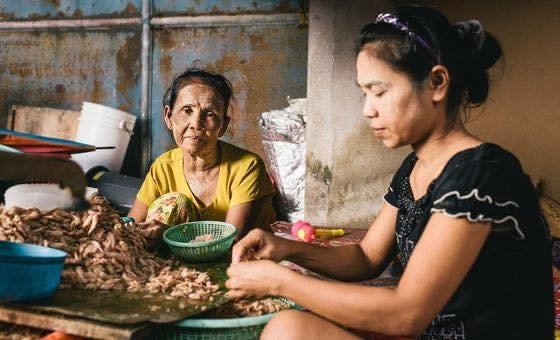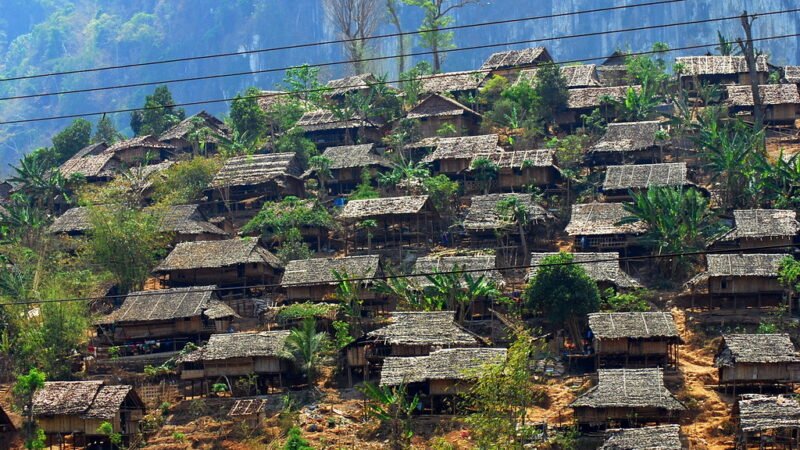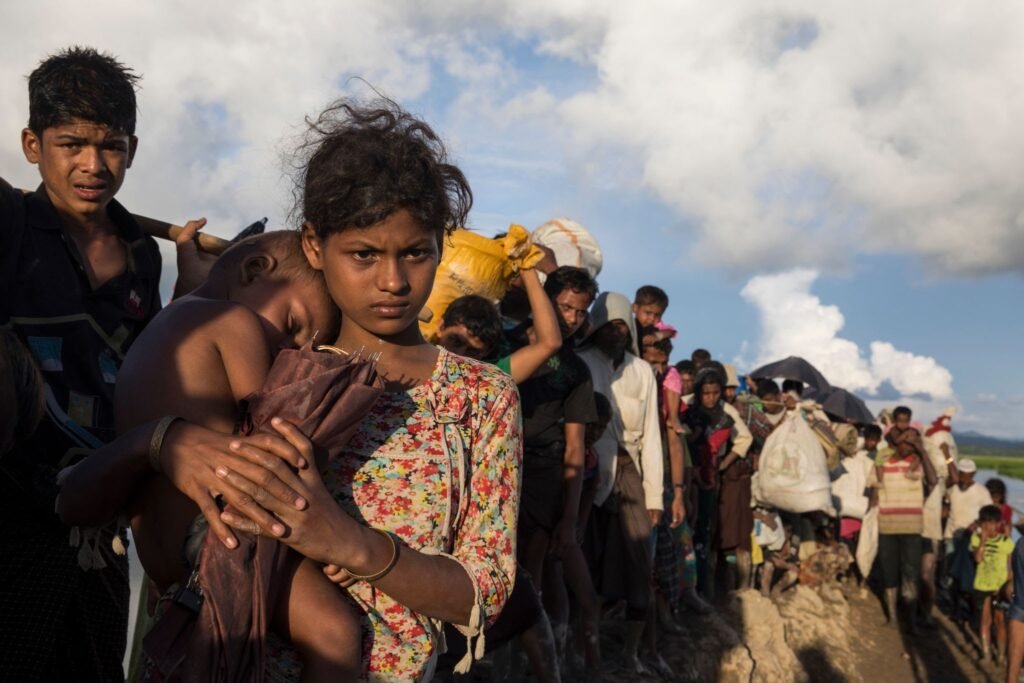
Introduction
Thailand has taken a historic step by granting work rights to long-term refugees from Myanmar, a move widely praised by the United Nations and international human rights advocates. This decision impacts over 81,000 forcibly displaced individuals who have been living in temporary shelters along the Thai-Myanmar border for decades.
The Implementation of Universal Declaration of Human Rights (IUDHR – UN Charter) strongly supports this development, recognizing it as a significant milestone in promoting human dignity, equality, and refugee rights. By addressing the plight of refugees — many of whom were born in these shelters and rely heavily on humanitarian aid — Thailand’s decision is not only a humanitarian breakthrough but also a practical step toward sustainable growth.
Thailand Grants Work Rights to Refugees
The announcement that Thailand grants work rights to refugees from Myanmar is seen as a “turning point” by the UNHCR. Tammi Sharpe, UNHCR’s Representative in Thailand, explained that this resolution will allow refugees to support themselves, ease the strain on aid programs, and also benefit Thailand’s local economy.
By unlocking the economic and social potential of refugees, Thailand is not only upholding humanitarian principles but also making a strategic investment in its future.
Refugee Population Along the Thai-Myanmar Border
- Around 81,000 displaced people are currently hosted in temporary shelters.
- Nearly half of the refugee population were born in camps, dependent on humanitarian aid.
- Over one million Rohingya have fled persecution in Myanmar in recent decades.
- Refugees face uncertain futures, but Thailand’s new policy offers hope for inclusion and dignity.

A Regional Precedent for Human Rights
Thailand’s move may serve as a model for refugee inclusion policies across Asia. Other countries in the region facing displacement crises could learn from this initiative.
- Humanitarian Aid Cuts: Global refugee aid budgets are shrinking, making policies like this critical for long-term solutions.
- Sustainable Growth: Integrating refugees into local economies reduces dependency and strengthens resilience.
- Regional Example: Thailand’s policy could inspire Cambodia, Laos, and Vietnam to consider similar approaches.
Funding and International Support
According to UNHCR, $25.4 million is required in 2025 to sustain operations in Thailand and its neighboring countries. With global aid under pressure, national policies that integrate refugees become more essential than ever.
IUDHR calls on the international community to provide solidarity and support for Thailand’s efforts while continuing to pressure for long-term solutions for Rohingya refugees and displaced populations worldwide.

Conclusion: Human Rights in Action
The decision that Thailand grants work rights to long-term refugees from Myanmar is a historic moment for refugee rights and human dignity. It reflects the values enshrined in the Universal Declaration of Human Rights (UDHR), affirming the right to work, security, and freedom from persecution.
IUDHR welcomes Thailand’s step and urges other nations to follow this model to protect displaced populations and strengthen regional stability.
SMP/awareness by ;
Implementation, Universal Declaration of Human Rights. UN-Charter
www.iudhr.org
